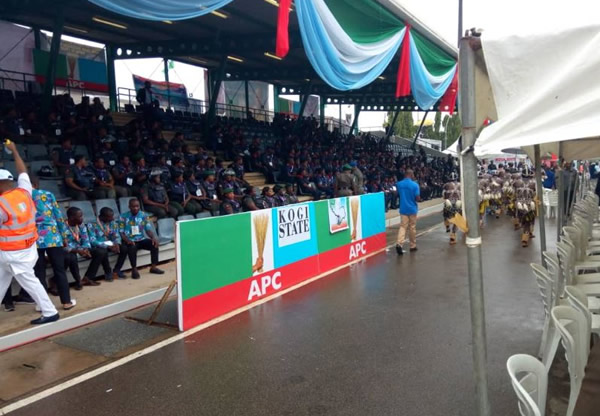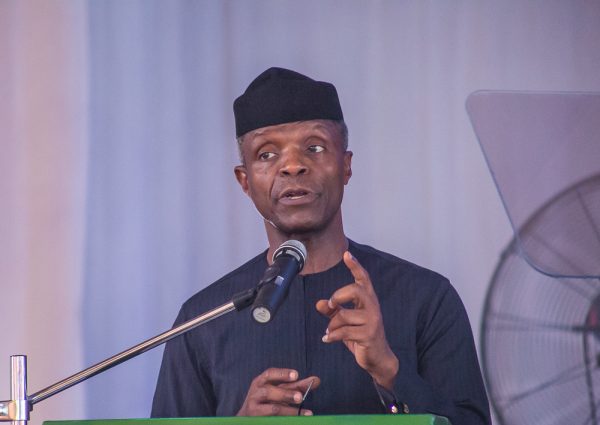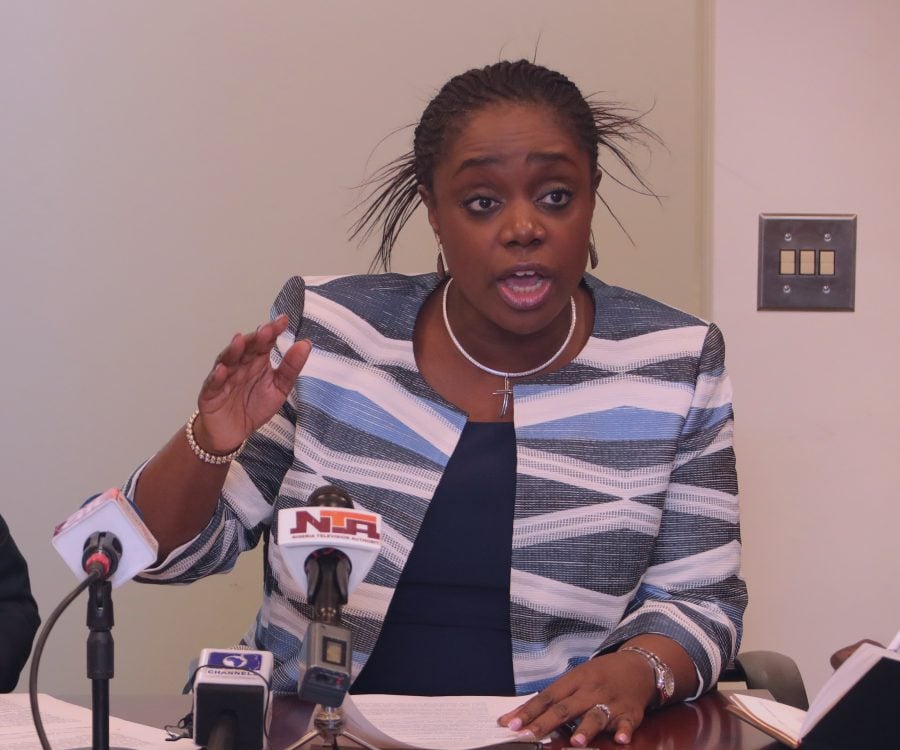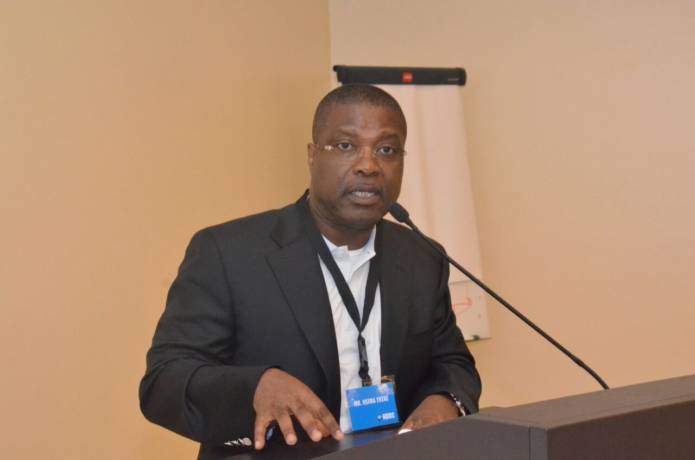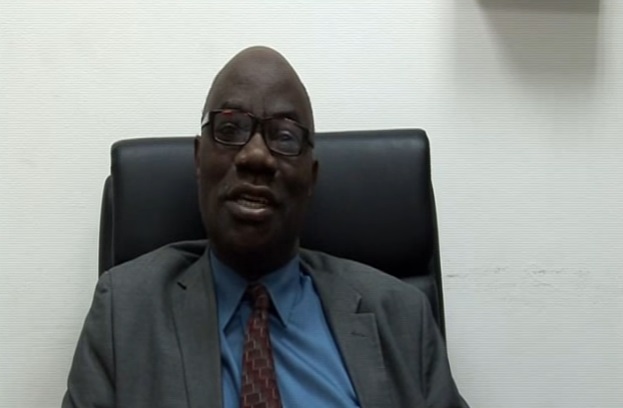BY BEN OGUNTUASE
After some heated debate, the All Progressives Congress, APC has finally settled for mostly Indirect primary at State levels and Direct primary at the Presidential level and in a few States. There is no doubt that APC as a Party is not in short supply of members with progressive ideas along the lines suggested and intended by the name of the party. But as events keep unfolding, the party also has a large chunk of members who are in the conservative and ultra-conservative mode. As it were, the conservative block of the party seems to be winning at critical points in our political and governance evolution.
So much interest in APC was aroused last year when the party launched its effort on restructuring with a nation-wide direct assessment and collation of the wishes of the people. Most Nigerians were in favour of and advocated for restructuring and True Federalism based on thirteen parameters – resource control, LGA autonomy, decentralization of security system and the Judiciary up to the appellate level, fiscal federalism and revenue allocation, devolution of powers, independent candidacy, etc. Based on the findings and the report of the party’s committee on True Federalism, Nigerians became very excited that Nigeria may just be taking a bold step to get it right for once. There was optimism in the air.
There was also a good dose of pessimism and cynicism. Some lone voices predicted the effort will end up as previous efforts to truly reshape Nigeria and launch her along the path of progressive governance – EFFORTS IN VAIN! Today, it is becoming clear that the party, APC, may not be as enthusiastic about its commitment to True Federalism as it was when the Committee was established to make the recommendation. The conservatives seem to have the day on True Federalism and Restructuring agenda. It is necessary to understand that this is a good identifier of ideological orientation of party members. Obviously, by any standard, a progressive with a good understanding of Nigeria’s history and relationships will strongly support and be committed to True Federalism and Restructuring while a conservative will be opposed to the idea and will do all possible to thwart the effort. The Progressive wants change, the Conservative prefers the status quo!
Advertisement
Now another issue of ideological importance has come up again within the party. It is the issue of mode of primaries to select the party’s candidates in the forthcoming elections. The contention is whether to adopt the direct primary mode or the indirect primary (delegate system) mode. Again, advocates of the indirect mode seem to have won the day. Some members of the party on the fringe are pursuing the consensus option which in those cases is turning out to be some sort of euphemism for exclusion and intolerance of opposition. Exploring the advantages and disadvantages of the direct and indirect options might help us place the debate in ideological context. Here are six key issues to consider.
1. Acrimonious contest for party offices
Historically, contest for party offices have always been acrimonious. The last congresses of the party and the intense crisis they threw up are clear evidence. Everyone wants to hold party office in order to be a “delegate” at primary and facilitate a rich harvest from the fat cat aspirants. Can any sane person imagine an aspirant paying as much as N500,000 to a delegate in an impoverished State like Ekiti State? In anticipation of securing their votes at primary election time, general election aspirants actually sponsor members into those offices during the congresses. Where the party office aspirants of a general INEC election aspirant fail to clinch the ticket, hell is let loose. From all available evidence, party office holders do not really manage the party; they just hang on till general election time to harvest.
2. Vote buying
This phenomenon has assumed a dimension that makes it the immediate threat to our democracy. If we don’t tackle it decisively, our democracy and intended system of governance is in trouble. But vote buying begins at the primary when the so-called delegates are bought by aspirants. These delegates have no qualms about selling their conscience. They really have no concern for party manifesto and each aspirant’s capacity to deliver on promise. Once the price is right, the aspirant that is the highest bidder wins the day irrespective of competence. Of course, the aspirant who pays N500,000 to a delegate and another N5,000 to each voter at the general election has no incentive to perform neither do the people who receive such payments have any moral right to question the behavior of the aspirant in office. Thus, corruption is institutionalized and reinforced.
Advertisement
3. Authoritarianism of Governors
Everyone knows that our Governors have become more dictators than democrats. They see themselves as gods over their States and most have no regard for democratic norms and practice. They have a feudal mindset which is very dangerous to our democracy. One of the ways they guarantee their feudal hold is the indirect (delegate system) and the consensus modes of primaries. They order where necessary the delegates and in other cases they just buy them to achieve their desire. A direct mode of primaries ensures the Governors are held accountable to the electorate once they recognize they will have to come back for a mandate renewal. This is a desired control on the Governors’ penchant for authoritarianism and absolute feudalism.
4. Performance Evaluation
Allied to (3) above is the fact that democracy and indeed good governance thrives when there is a robust performance evaluation system. It is also always better for a political party to begin the evaluation process in-house. The most effective evaluation is the one that comes directly from the stakeholders. This is what direct primaries guarantee. The indirect, delegate system, masks incompetence and shields the indolent from public scrutiny. A Governor that has performed very well and seeks a second term will have no problems with direct primary. A Governor on his way out after second term will have no problem with direct primary if he/she has nothing to hide and no skeletons in the cupboard.
5. Intra-party democracy
To many people, a good democratic system is one that allows all stakeholders to participate directly in the choice of their representatives. Imposition has always been a major defect in our democracy. So many have raised observations in this regard. Democracy will be a sham if it does not guarantee intra-party democracy. It must also be able to sustain the enthusiasm of stakeholders to participate in the democratic process. Lack of internal democracy within political parties can only breed discontent and frustration among the party members and the general electorate.
6. Party management discipline
A good political party must be run and administered properly using the same tools that are employed in good corporate governance. A well-run party must have a comprehensive register of its members and must be able to provide a means of identification of its members. In fact, it ought to be part of our electoral laws that parties must maintain a register of members and must issues ID cards to its members. Members should also pay subscription periodically to their parties to minimize the influence of “money bags” in the parties. If our country Nigeria was serious enough, the National Identity Management Commission, NIMC, should have been kept busy helping the parties in membership identification. Any party that cannot meet these minimum conditions ought to be de-registered. Direct Primaries will force improved Party management and party discipline. On the other hand, a register of members is not really necessary under the indirect mode (delegate system). Also, under the direct mode, party officials will not be there to harvest. Instead, they will spend more time to actually administer the party less they face a revolt of members.
Advertisement
The above six reasons are part of why direct primaries ought to be held superior to the indirect mode. Clearly, those in favour of direct primaries are the true progressives who subscribe more to good democratic practice, robust performance evaluation, supremacy of the electorate, party discipline and good order in our political and governance system. On the other hand, the conservatives would prefer the indirect mode which means authoritarianism of the executive, feudal mindset, money power, general chaos, thuggery and little regards for performance. Interestingly, this conservative group are also very quick to employ federalism (which in reality they don’t support) as a defense of their choice. They fail to appreciate that the brand of federalism in election management akin to what prevails in the United States exists because each State in the US conduct all elections with no superintending federal authority like the INEC we have here. The True progressives must always be wary of the conservatives as they always have this smart but dubious way of defending their positions.
If APC wants to stay truly progressive and committed to change, it needs to find a way to move in the direction of formalizing its ideological principles and values. The progressives need to initiate the ideological mapping of the party. Otherwise, APC could end up very soon just as another of Nigeria’s typical parties. That will be sad if it were come to pass. The party should know that it could lose if the people become disillusioned over unkept promises and lack of discernible ideological differentiation when compared to other parties. It should be noted that a Party that cannot win elections is no more than a glorified NGO! APC should not become one.
Oguntuase served as an aide to Segun Oni, former governor of Ekiti state
Advertisement
Views expressed by contributors are strictly personal and not of TheCable.
